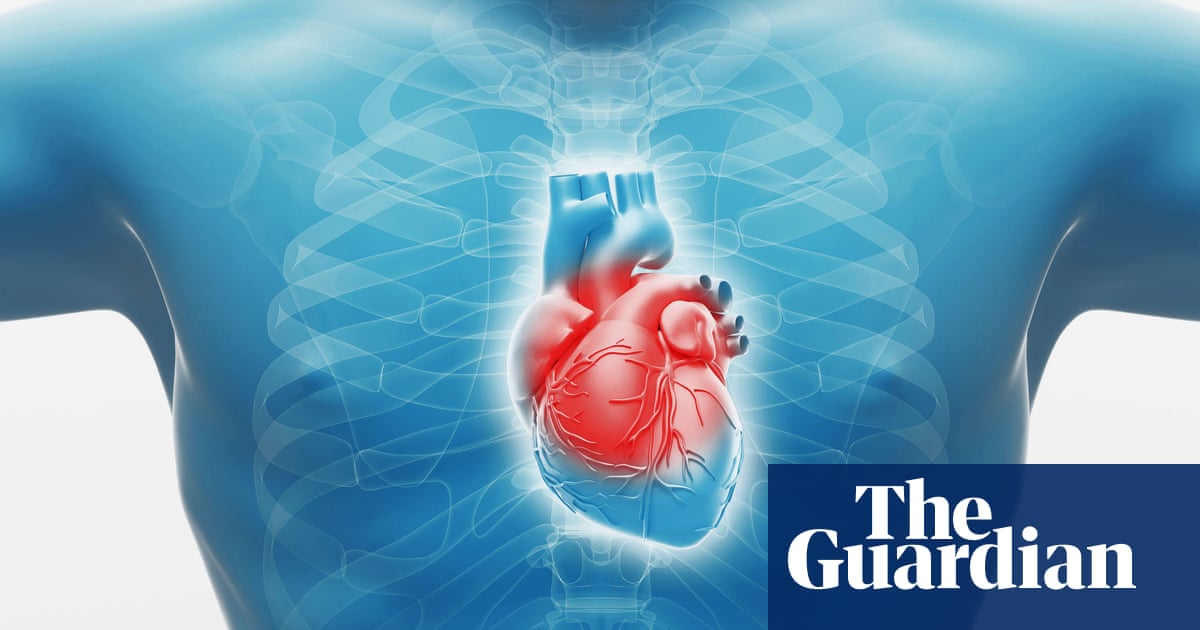#heart disease
#heart disease
[ follow ]
#heart-disease #cardiovascular-health #public-health #life-expectancy #drug-overdoses #cardiovascular-risk
fromwww.theguardian.com
3 months agoRFK Jr to urge Americans to eat more saturated fats, alarming health experts
Krauss's research shows that saturated fat is relatively neutral compared with what scientists have believed in the past. His studies have shown that reducing saturated fat intake is only beneficial if you replace it with the right things. Replacing saturated fats with unsaturated fats, like olive oil and polyunsaturated fats from other plant sources can really improve metabolic health and reduce heart disease risk, but that's not saying that saturated fat is necessarily harmful.
Public health
fromwww.independent.co.uk
4 months agoWhy being skinny-fat' could be just as risky as being overweight
Being overweight has long been linked to heart conditions and type 2 diabetes, but even people who look thinner could be at risk, researchers suggest. A new study led by researchers at McMaster University in Ontario, Canada, explains there is such a thing as being skinny-fat - someone who appears to be healthy and slim but in fact has hidden fat deep inside their organs.
Medicine
fromHarvard Gazette
4 months agoHow sexism in medicine continues to endanger women's health - Harvard Gazette
It is past time for women's health to move beyond "boobs and tubes" - as one expert termed the field's reproductive focus - to address the disparities and prejudice that have hindered medical providers from effectively treating more than half of the population. That's according to experts who gathered for a symposium held recently at the Radcliffe Institute for Advanced Study examining persistent gaps between men's and women's healthcare.
Women
Alternative medicine
fromAlternative Medicine Magazine
5 months agoBlack Coffee: Is It Good For Health? What the Science Says
Drinking 1–3 cups of regular black coffee daily is associated with lower risks of heart disease, type 2 diabetes, and premature mortality when consumed with minimal cream or sugar.
fromFuturism
5 months agoAn Astonishing Number of Men Are Dying Because They Refuse to Go to the Doctor
Men appear to be dying disproportionately from preventable diseases and conditions way more than women, and in many cases it's their own damn fault: because they're refusing to go to the doctor until it's too late. In interviews with the New York Times, doctors and public health experts expressed concerns with the state of men's preventative care, which they say many chaps tend to ignore - to their own peril.
Public health
Health
fromIrish Independent
9 months ago'You get the yellow card, you take the warning' - Marty Morrissey makes appeal on blood pressure after deaths of two family members to heart attacks
Raising awareness of cardiac health is essential, as many people underestimate their health risks, particularly regarding high blood pressure.
[ Load more ]












